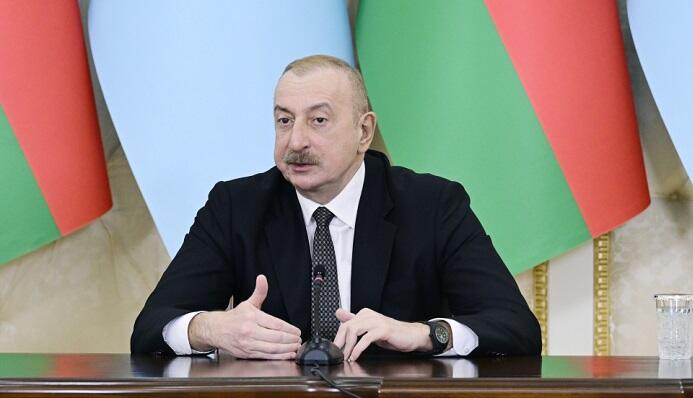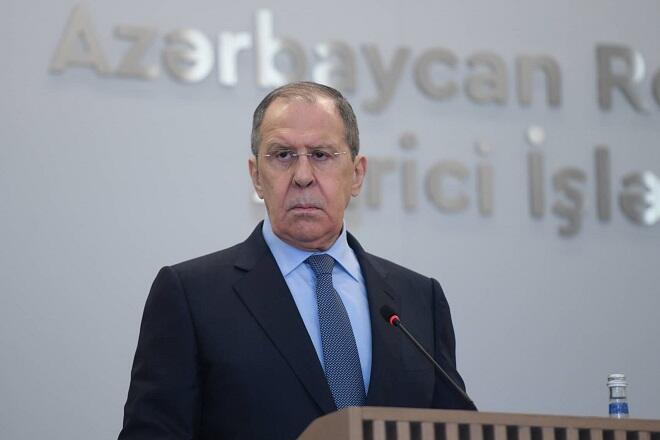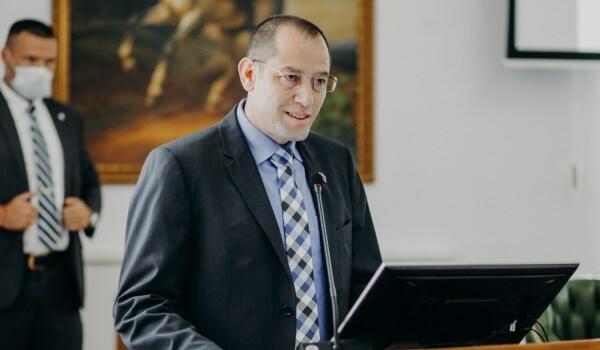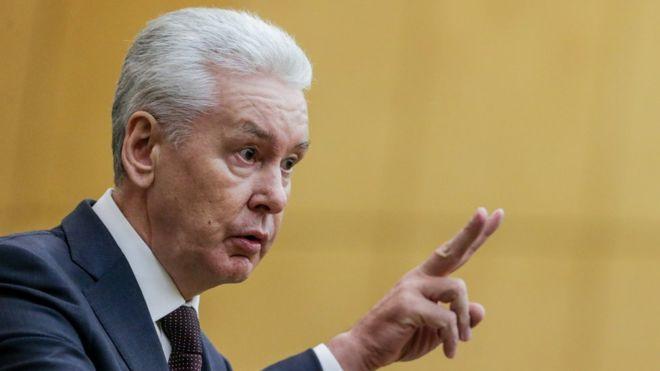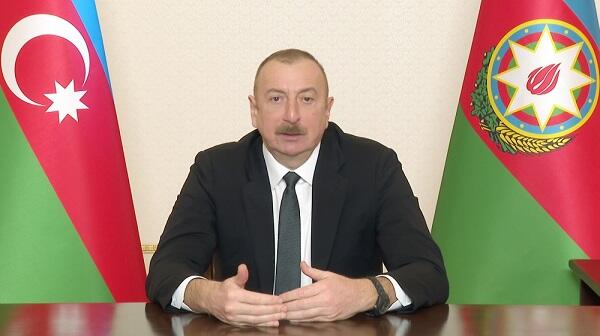A 60-year-old man in Germany has been declared free of HIV nearly six years after receiving a stem-cell transplant. This marks him as at least the seventh person known to have achieved such a remission. Unlike most previous cases, his donor's stem cells carried only one mutated copy of the CCR5 gene, a receptor used by HIV to enter immune cells, rather than the two mutated copies typically associated with resistance to the virus.
Axar.az reports that this case challenges the prevailing belief that targeting the CCR5 receptor is essential for curing HIV, according to infectious-disease physician Sharon Lewin. The findings were presented at the 25th International AIDS Conference in Munich, suggesting that other pathways might be viable in achieving remission. This broadens the potential donor pool for such transplants, which are generally considered risky and reserved for patients with conditions like leukemia.
The patient, diagnosed with HIV in 2009 and later with acute myeloid leukemia, received the transplant in 2015. Following the procedure, his bone marrow was completely replaced with the donor's cells, and he stopped taking antiretroviral drugs in 2018. As of now, there is no detectable HIV replication in his body, a significant milestone given the typical re-emergence of the virus in similar cases.
Researchers are examining why this particular transplant succeeded, with hypotheses including the combined effects of antiretroviral therapy and chemotherapy in reducing the viral reservoir. The case also has implications for future therapies, such as those involving gene-editing techniques like CRISPR–Cas9, which target the CCR5 receptor. This could potentially provide a new avenue for treating HIV, even if the virus isn't completely eliminated from the body.








